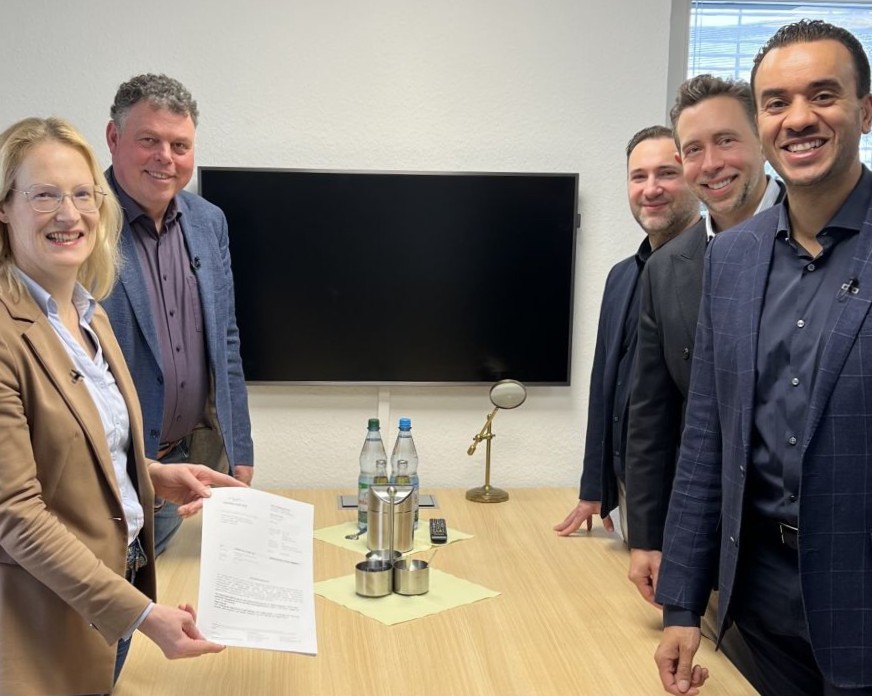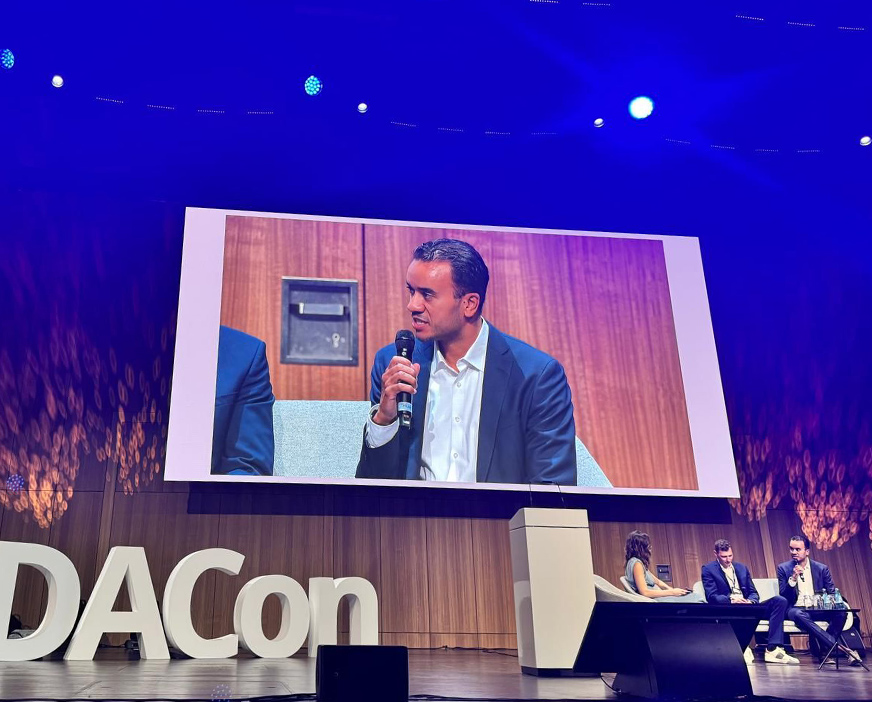“The geopolitical developments of recent months have added new urgency to the discussion about digital sovereignty. An increasing demand for alternatives to US cloud services can be directly observed. Many companies have become aware that their dependence on providers such as AWS, Azure, or Google Cloud poses a risk that goes far beyond abstract data protection concerns.
Uncertainties Are Changing the Cloud Landscape
The current political developments surrounding Donald Trump’s renewed presidency show how quickly the framework conditions for internationally available digital services can change. Under pressure from the US government, technology companies have quickly adapted their corporate policies to political signals and expectations, with direct impacts on critical infrastructures.
Even if the EU were to impose retaliatory tariffs on digital services in the course of current US trade policy, European companies face significant restrictions on the use of cloud services from US providers. This development creates a climate of uncertainty for European companies that store their critical business data in US clouds. When tech companies change their policies due to political influence, trust in their independence crumbles, which directly affects the European market.
Additionally, the US government is planning comprehensive regulation of cloud providers for the first time, with corresponding effects on data security. These measures could further facilitate US authorities’ access to data stored in the cloud – an incalculable risk for European companies. This risk also exists with European hosting: Even when data is physically stored in data centers within the EU, because what matters is who holds the data. If the cloud provider is a US corporation, US authorities can still access the data through laws such as the CLOUD Act or FISA 702: This contradicts GDPR requirements and endangers the digital sovereignty of European companies.
Recognizing Strategic Advantage
Data sovereignty means far more than mere GDPR compliance. It’s about the right and control over one’s own data: Who stores it, who can view, process, and delete it? A truly data-sovereign cloud ensures this control holistically and enables companies to act independently and crisis-proof. Many companies in Germany are currently actively seeking cloud solutions from Germany or Europe. The reason: They want to know their data is in safe hands while reducing their dependence on non-European providers.
In this context, there is also increasing interest in the use of open-source technologies: They offer full transparency of the source code, minimize dependencies on proprietary systems, and create a stable, verifiable infrastructure. Companies maintain control over their systems – and become independent of the political situation as well as the business models of large US corporations and the access possibilities of American authorities to their data.
A data-sovereign cloud solution is thus characterized by several factors:
- The operator has its headquarters and entire infrastructure in the EU.
- In addition, there is economic independence and stability.
- Open-source technologies are preferred to avoid vendor lock-in and maintain flexibility in cloud usage.
- The data centers for operating the cloud also meet the highest European security standards.
New Choices Are Establishing Themselves
The market for European cloud and colocation services is growing rapidly. Tailored specifically to the needs of European companies, EU providers now offer powerful alternatives to US hyperscalers. These are hosted exclusively in Europe and meet the specific security and service needs of local companies.
As previously mentioned, the use of open-source technology also plays a central role in building independent cloud infrastructures. It enables autonomous action and prevents vendor lock-in. These open technologies not only promote independence but also support European initiatives. Hyperscalers like Amazon, Microsoft, and Google still dominate over 70 percent of the European cloud market.
With the EU project “8ra”, the goal is to build an open, decentralized cloud and edge ecosystem to secure Europe’s digital sovereignty in the long term. However, the recently announced withdrawal of the German software provider Nextcloud from another project – the former beacon of hope Gaia-X – shows that politically motivated initiatives are not enough when bureaucratic hurdles persist, political will is not long-term and comprehensive, and European companies continue to rely exclusively on US solutions despite all risks.
At the same time, it must be noted: For companies questioning their cloud strategy in light of the great uncertainties regarding hyperscalers, the trend is not “away from” the cloud, but “towards” differentiated models. Hybrid and multi-cloud approaches combine the flexibility of the public cloud with the security of the private cloud or the control of an on-premise solution. This makes companies significantly more adaptable. Here, European providers offer convincing alternatives with compliance-oriented cloud infrastructures.
The Transition: Effort Pays Off
For companies, switching to European providers may initially seem inconvenient and tie up resources. However, geopolitical realities make this step indispensable for future-proof planning. The question is no longer whether a transition should take place, but how this process can be implemented most efficiently. With local hosting in German data centers, ISO 27001 certified infrastructures, and a focus on open-source technologies, companies have the foundation for digital sovereignty. Networked locations also enable distributed server operations, guaranteeing the highest availability.
Looking at the overall situation, it becomes clear: Digital sovereignty is not a nice but optional “nice-to-have”, but a strategic necessity given current developments. Those who invest in independent European cloud and colocation solutions today are not only securing their data but also the long-term business viability and resilience of their company. The path to true digital sovereignty may be challenging – but it is unavoidable for companies that want to remain capable of action in uncertain times.

About Jerome Evans
Jerome Evans is the founder and CEO of firstcolo GmbH. For about 20 years, he has been involved with IT services and the setup and operation of data centers and cloud-based server infrastructures.






